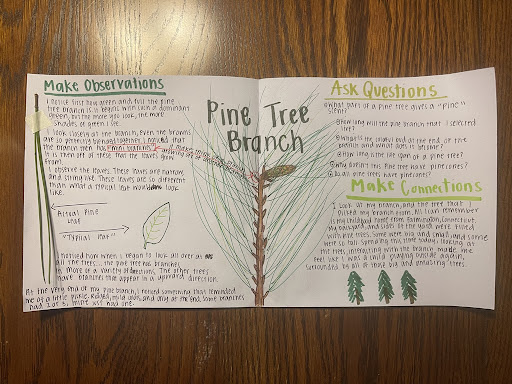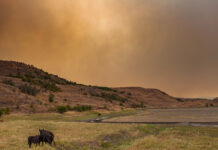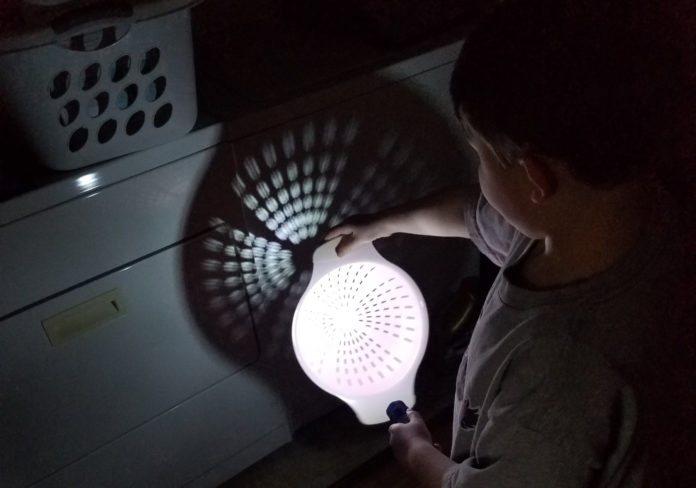
A Mercer University education professor is helping future teachers rediscover the joy and childlike wonder of science.
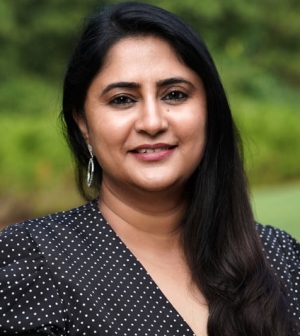
In her class, EDUC 421: Science for All Learners, Dr. Meenakshi Sharma, assistant professor of science education in the Tift College of Education, engaged elementary science teacher candidates in assignments suitable for their own future students.
During the 30-Day Science Challenge, Mercer students completed tasks related to different science phenomena, including:
- Find a way to bend light
- Collect two different rocks and describe them
- Make the tallest tower of balanced objects
- Measure something and keep track of it daily
- Raise and lower your heart rate with exercise
“This is something that I would encourage them to do with their students,” Dr. Sharma said. “So, I’m really trying to put them in their students’ shoes.”
The assignments also reflect the changing way educators are teaching science in the classroom.
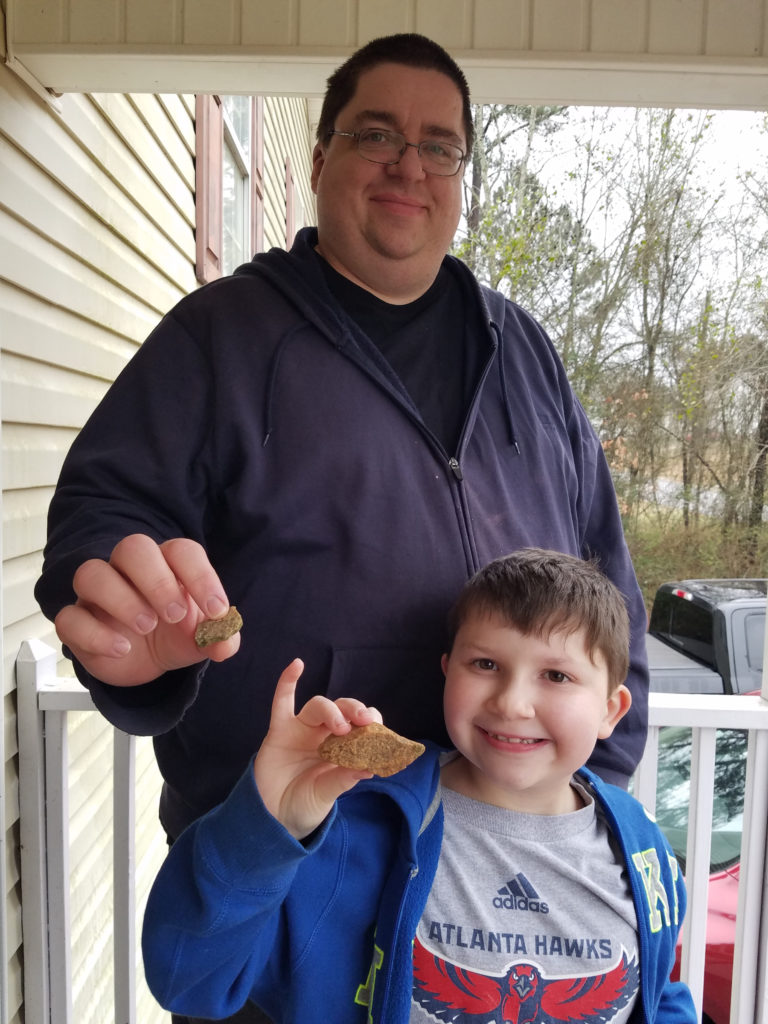
“Phenomena are very central to how we envision that science students should be involved in learning science in the classroom,” Dr. Sharma said. “We are shifting from teaching facts about a science topic to helping students figure out science behind everyday events using science and engineering practices.
“For instance, rather than learning facts about sound, students begin a science unit with a phenomenon that asks how a big sound system shakes the windows of a room.”
Dr. Sharma drew inspiration from Thomas J. McKenna, a lecturer in science education at Boston University, and his website, Phenomena for NGSS. The website provides a list of dozens of phenomena, and Dr. Sharma’s students each chose five topics to explore.
The class, which meets at the Regional Academic Center in Douglas County, primarily consists of working adults, and some chose to do the activities with their own children.
David Hannah, an elementary education/special education major, completed his activities with his son, who was in second grade at the time.
“He loved it,” Hannah said. “It kind of backed up my thoughts that it can show children that it can be fun and rewarding to learn it because he jumped right in and had a ball, going out in the yard and finding rocks.
“We also used a spaghetti strainer to shine light through and try to find different ways to bend light. And he enjoyed every bit of it.”
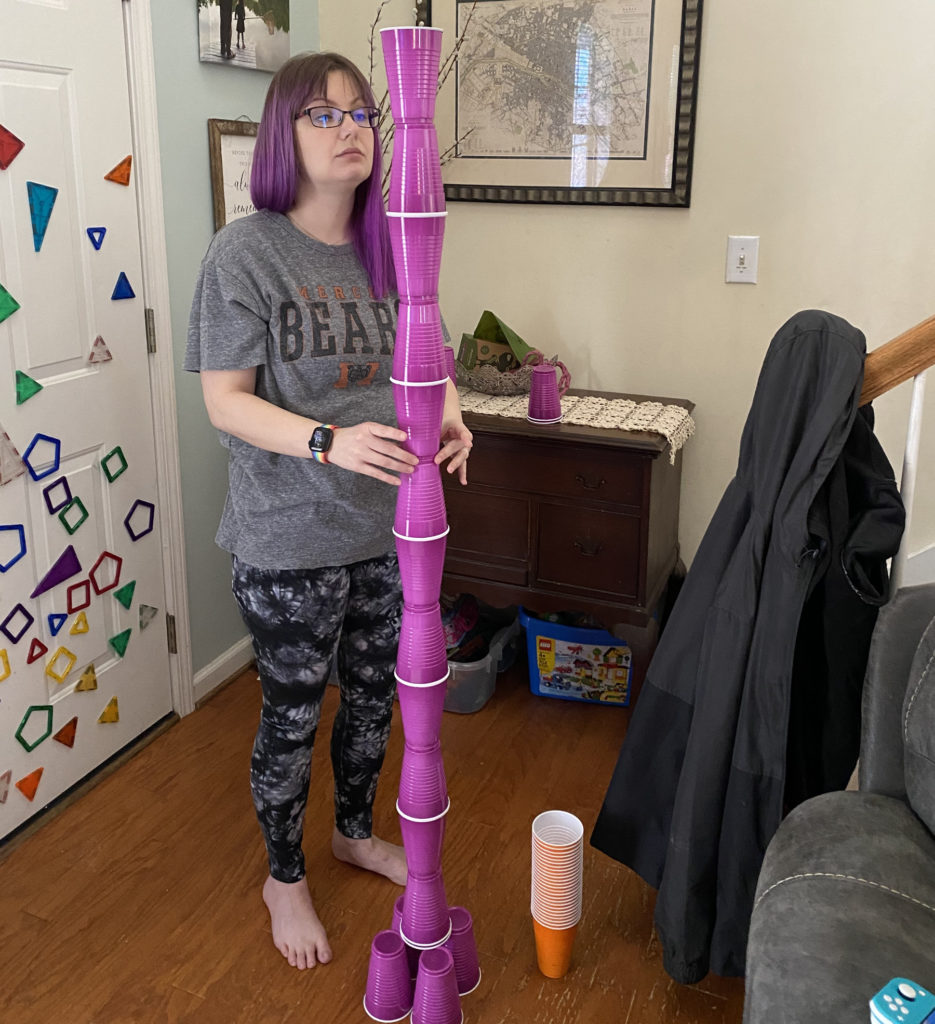
Hannah said science has always been a challenging subject for him, but the lesson showed him science can be simple and fun.
Suzie Gordon, an elementary education/special education major, said she brought the projects into her classroom at Glanton-Hindsman Elementary School, where she is a paraprofessional in a science, technology, engineering and math lab.
“I think students being able to do hands-on science really helps them better understand what they’re learning,” she said.
“The Science for All Learners class really made you feel like it wasn’t just a science class. It was more about learning how to teach science in a fun way.”
In another section of the class, Dr. Sharma assigned students to keep nature journals to record observations, generate questions, collect data and share wonderings of natural events.
The assignment deepened the future teachers’ “understanding regarding the use of nature journals as instruments for engaging students in science and engineering practices and for connecting outdoor and informal science with classroom learning,” Dr. Sharma said.
“Most importantly, after experiencing it themselves, pre-service teachers were able to acknowledge the value of involving young learners with authentic natural experiences as a way to foster scientific thinking.”
